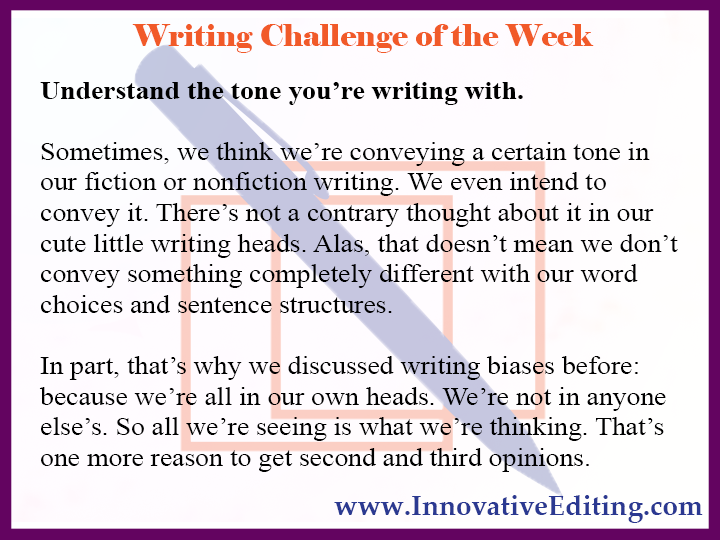How to Make Your Creative Writing More Realistic – Part 3
- Jeannette DiLouie
- Sep 17, 2018
- 3 min read
If you really want to make your creative writing more realistic, ask lots of questions.
Lots and lots and lots of them.
Ask for input before you start writing. While you’re writing. And after you’ve moved onto your editing rounds.
Essentially, when in doubt, ask.
Let’s say your character ends up at Arcadia National Park in Maine, but you’ve never been there before. However, you have a colleague over in HR who has.
Ask.
Or you’re writing about a preacher’s wife, but you’ve never been a preacher’s wife before. No problem...
If you go to a church with a married male pastor, ask to take his wife out for coffee sometime. Otherwise, look up churches around you and see if any of those pastors’ wives would be interested in sitting down over coffee.
You might want to give them assurances of anonymity while you’re at it.
Speaking of such, there’s more than one way to ask a question of our fellow human beings. While it most certainly can be in person, over the phone or via email, where you’re directing a specific question at a specific person, there are plenty of sneakier ways to “ask” as well.
In writing circles, we don’t like to say “eavesdropping.” That’s such a negative and invasive-sounding word. We much prefer the term “people watching.”
For instance, pretend you want to know what a typical sales-oriented meeting might look like. Your main character is trying to hire a marketer for her start-up business, and you’re not sure how her interaction might realistically go.
In that case, Panera’s your place to be. Go in the morning or mid-day during the week, pick a person in a nice outfit to sit next to, and then proceed to pretend to not listen to them once their sales mark arrives.
If it’s college students you need to observe, check out a college or university cafeteria. And so on. Just identify where your kind of character can best be observed and then see if you can share the same basic space.
You can also ask for input online. Sites like Quora can be awesome resources for writers, allowing them to ask any question about any kind of profession or person – with a decent chance of getting worthwhile replies too.
If that doesn’t work though, Google and Bing can obviously answer a number of questions, either through simple searches or more detailed investigations. Since this is on my mind right now, we’re going to create a protagonist profile of a police officer who’s been accused of on-the-job voluntary manslaughter after discharging his weapon against an unarmed suspect.
With that in mind, we’ll begin by searching for “cop shoots unarmed man.”
When we do, we might find the story of Jonathan Roselle who, after he shot the person in question, called headquarters and said something along the lines of “I think I just f*cked up.”
A damning admission, right?
But take it a step further. Type in “cop shoot unarmed man family,” and you’ll find statements from the deceased’s family, which will no doubt be important for the story too. Take note of them.
On that same first page of results, you’ll also discover a Back the Blue event in Roselle’s honor.
Click on it and see where it takes you, including the fundraiser page Roselle’s sister set up for him, which paints an equally damning admission, though this one is aimed a little differently.
And even if you don’t check that out, understand that no matter what the subject matter you’re writing about, it’s never going to be realistic unless you do some serious asking...




